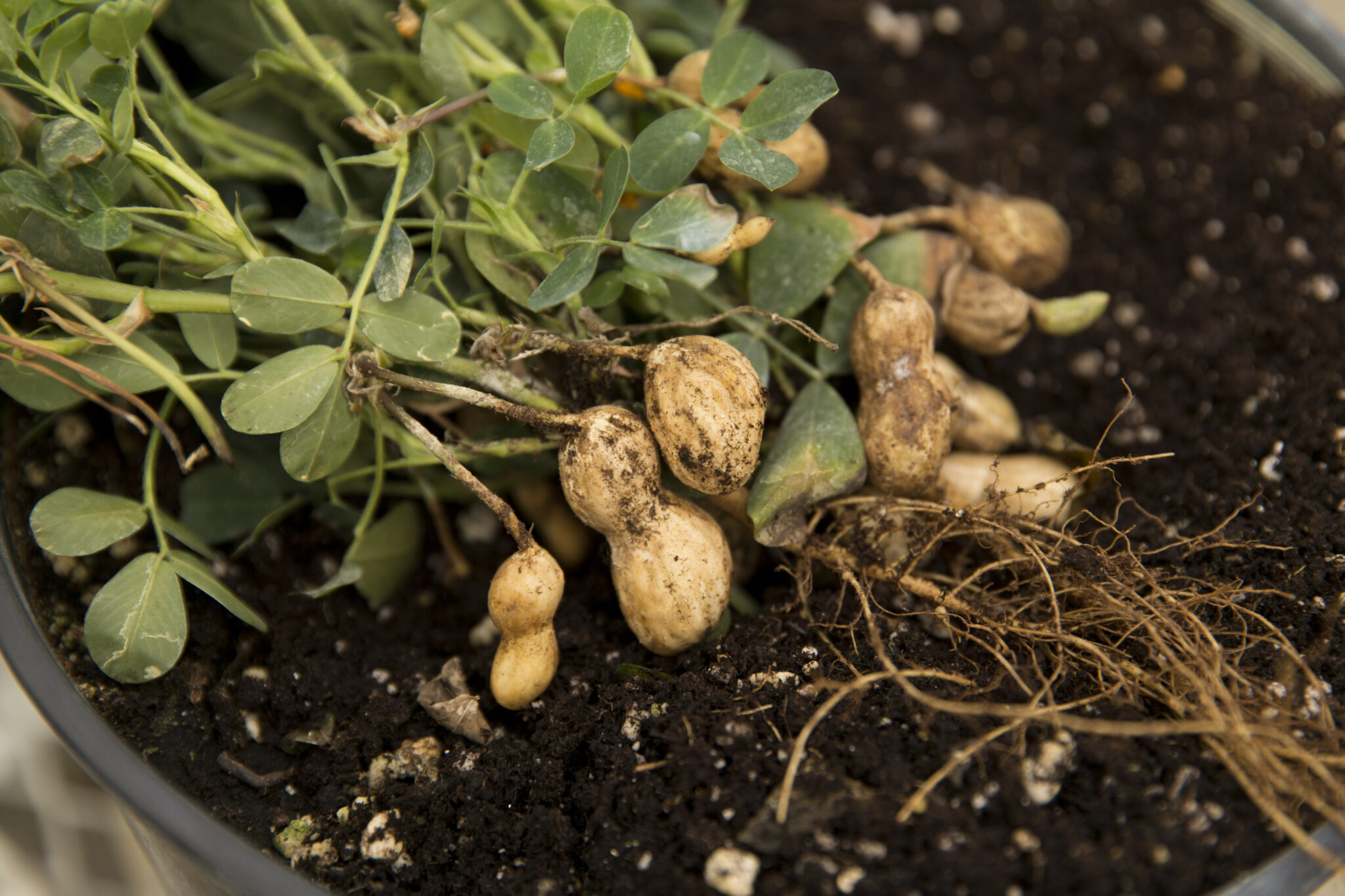By Mike Isbell
Georgia Extension Service

Volume XXVII |
Math never was one of my favorite subjects in school. I developed my dislike for it because of those problems we had to do on the blackboard.
I remember always being last to finish my problem, only to find out I did it wrong. Peggy, the smart one in my class, always got it right.
I realize most people my age have long forgotten about prime numbers, lowest common denominators, finding multiples and maybe even dividing fractions.
But we'll always have to do math. And unless you're like my 91-year old dad, who still knows this stuff, you may have a hard time remembering how to figure out math problems.
Math in the real world
That was the case the other day when a fellow came in to get me to interpret a soil test report he got from the University of Georgia's soil test lab.
Soils in Georgia are seldom perfect. Most can be improved in some way to ensure the best plant growth. A sample of the soil can be tested at the lab, and the report will recommend lime and fertilizer based on the analysis.
For home lawns and gardens, the soil report is simple. It will tell you to use X amount, for example, of 5-10-15 or 10-10-10 fertilizer for every 1,000 square feet of lawn or garden.
Of course, you still have to figure the square footage of your own lawn or garden, and those things are rarely square. Still, it's basically easy.
Farm ciphering more complex
For commercial and farm use, though, the soil report is a bit harder to decipher. It tells you the pounds of nitrogen, phosphorus and potassium you need to improve the nutrient level in the soil.
The problem is you don't just apply nitrogen, phosphorus and potassium. You apply something like ammonium nitrate (34 percent nitrogen), superphosphate (20 percent phosphorus) and potash (60 percent potassium).
And you thought you'd never use algebra!
So you have to use your math skills to calculate how much you actually have to apply. But unless you remember your math, you may be like me at the school blackboard and find out you don't know how to do this.
If you need help with your soil test, come by the Extension office. Together, you and your county agent can figure it out.
And if you can't, let a sixth-grader help you.






